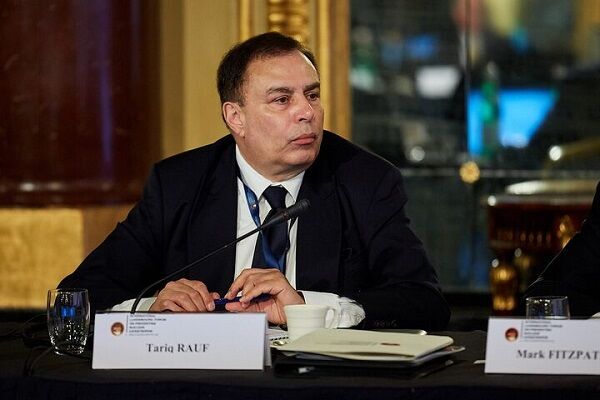TEHRAN(Bazaar) – While the negotiations to revive the JCPOA have been in limbo for more than a year, the forced and sudden leave of America’s chief nuclear negotiator made the fate of the 2015 nuclear deal even more dire.
Some consider the change of Robert Malley, the US special representative for Iran and the head of the country’s negotiating team in negotiations to revive the JCPOA, as the beginning of a new chapter of negotiations and understanding between Iran and the US, and some consider it the end of two decades of diplomatic and peaceful efforts to resolve the nuclear conflict and What was achieved as a result of this effort.
Robert Malley was appointed as the special envoy of the US government on Iran affairs in the Joe Biden administration from January 2021. During Barack Obama’s tenure, he also worked as a special assistant to the President of the United States and coordinator of the Middle East, North Africa and the Persian Gulf region. Robert Malley was one of the experts of the US negotiation team in the 2015 negotiation process.
In this regard Tariq Raouf, former Director General of the Atomic Energy Agency told the Tahlil Bazaar: “I think Bob Malley was the last defender left standing in Washington, now he has been suspended.”
He adds “US is sending assets to the Gulf to deter Iran seizures of oil tankers.”
“Missile sanctions are irrelevant as no one sells ballistic missiles, Iran is not seeking to buy ballistic missiles, it is free to sell missiles (EU concerned that Iran would sell missiles to Russia),” former Director General of the Atomic Energy Agency told the Tahlil Bazaar.
Raouf says “Arab States are still concerned about Iran’s nuclear programme despite breakthrough in relations with Saudis. As Netanyahu is in domestic trouble, hyping Iran threat is useful for him.”
He finally adds: In sum, Washington is too occupied with Russia, China and domestic matters; Iran is not on priority list as long as Iran does not escalate nuclear programme.










